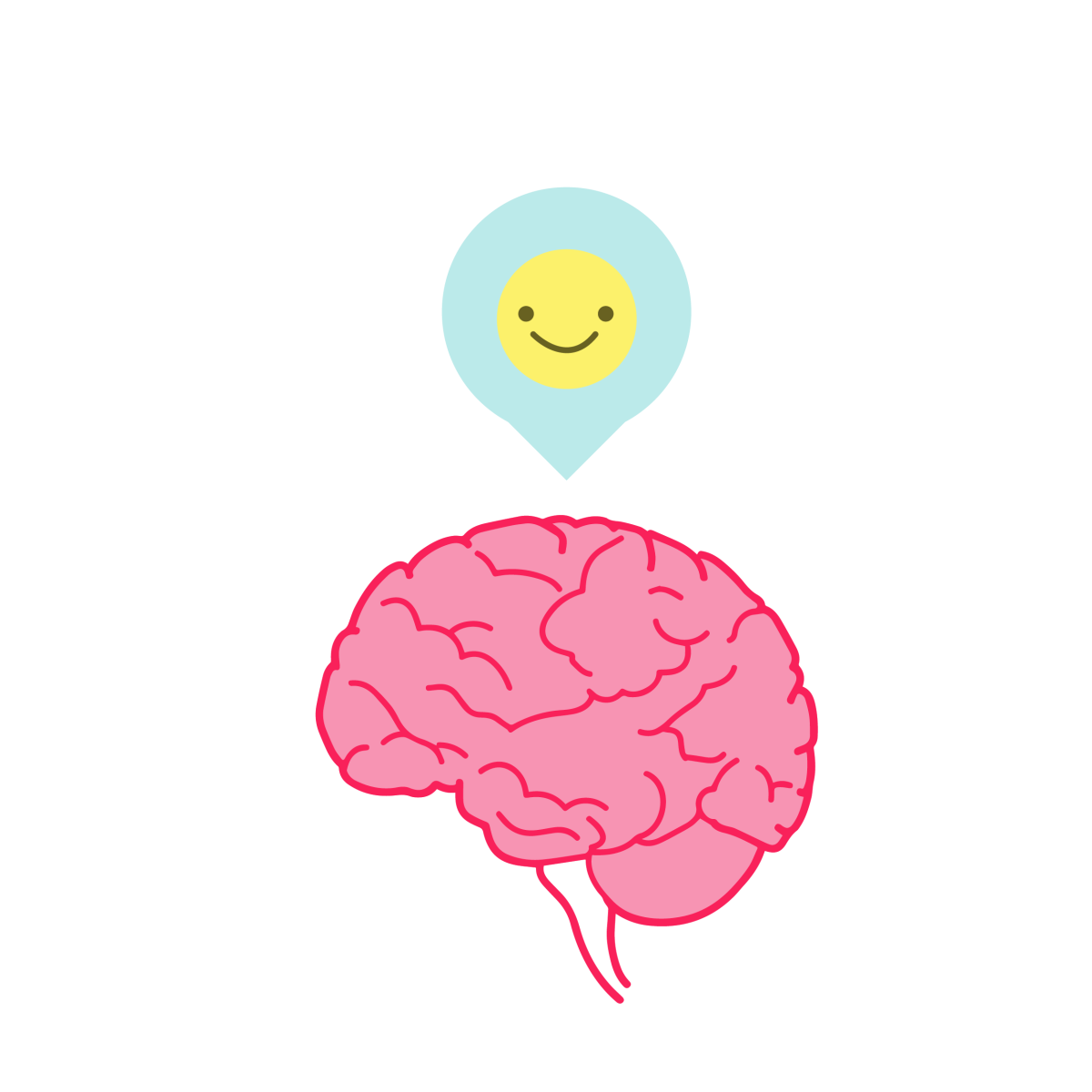NC State offers a class on happiness. It isn’t a self-help course or a replacement for therapy, but it is a course that provides students with an academic background on the nature of happiness. Interdisciplinary Perspectives and Global Knowledge Special Topics 295 is a combination of scientific insights into happiness from biology and psychology and ancient insights from philosophy and Buddhism.
Philipp Tavakoli, professor of the course, recently created and taught the class for the first time this past summer.
“For years I spent working on ethics, values, trying to find a scientific basis for ethics and values, but still the question was always, ‘What motivates people to do what they want to do?’” Tavakoli said.
According to Tavakoli, he traveled for many years and wondered why some people who are considered desperately poor appear to be happier than people who have an abundance of material things, and two years ago he decided he wanted to teach a course on happiness.
The academic components of the course revolve around topics such as the science of happiness, f low experience, multitasking, perfectionism, procrastination, forgiveness, the biology of disease and stress, suf fering, Buddhism and more.
“We have to get a foundation — the science — when we talk about stress; we have to talk about the biology of the body as well as the brain, how it’s working, how it interacts,” Tavakoli said. “And on that basis we can talk about the latest studies done showing the scientif ic foundation. Then we can look at how meditation relieves stress, what it does to the body, what chemicals are changing, how the brain is changing.”
Ancient insights, alongside scient i f ic insights, serve as a supplement to the academic learning. The course also has an experiental component that includes the students discussing course-related topics with each other, as well as an ungraded free-f low discussion.
“Every week we have a different exercise that relates to the topic, and we take that to the classroom for discussion,” Tavakoli said. “It’s just really cool. Students open up, they get excited about the course, they share, they support each other, and it’s a structured discussion. I require them to take personal experience and relate it to the theory we learned, and that surprisingly worked way better than I was hoping.”
The class is classified as an experimental course, but Tavakoli said he wants to make it permanent and teach it each semester in the future. There are some advantages to taking the course as a distance-education class, especially for individuals who are less likely to speak up or join discussion in a classroom setting.
“I realize that teaching it online, students open up more,” Tavakoli said. “They are more honest, they open up more, they’re less scared — you don’t lose the shy, introverted ones. It gets a little bit personal sometimes in the class when people share their experiences.”
Though the course is about happiness, Tavakoli said he never explicitly defines happiness during the class.
“That is something that develops throughout the course, which frustrates students at the beginning because they would like to know what is happiness, how do we find it and how do we get it really quick,” Tavakoli said. “It ’s not about finding your authentic self. What makes you happy doesn’t necessarily make me happy either, even though the basic structures are very similar — same chemistry, but there are differences still.”
Class discussions, weekly quizzes, exercises and learning take place during the course of 10 weeks, and the class is only available during the summer semester for the time being. The course is not meant as a self-help or quick fix course, according to Tavakol i , but students can take the academic and experiential knowledge gathered from the class and decide how to apply it to their decisions thereafter.
“We look at all this science behind [happiness]… and not with the objective that the student gets happier at the end — that’s not my promise,” Tavakoli said. “But for the students to understand themselves better and experience how the science works and say, ‘OK, this has an impact on me,’ and then it’s up to them what they want to do with that.”








